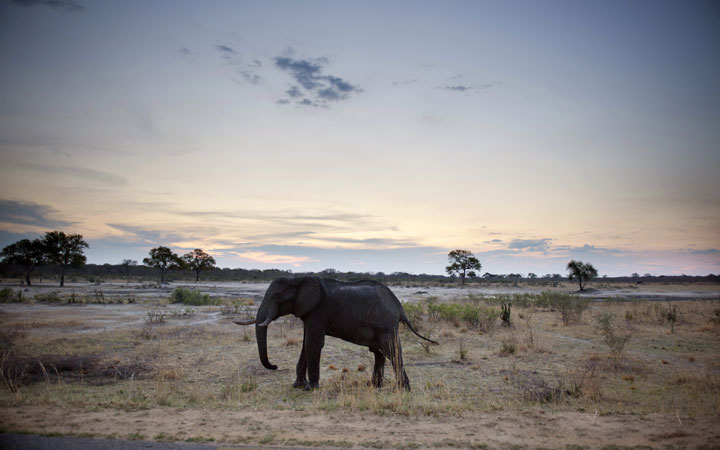HARARE, Zimbabwe – They could be one of Zimbabwe’s biggest exports. Not necessarily in terms of revenue, but in size.

The government has said it must export elephants to raise badly needed funds for wildlife management. China, France and the United Arab Emirates are slated to receive about 60 of the pachyderms, which are selling between $40,000 and $60,000. Each.
National Parks Service conservation director Geoffreys Matipano announced the pending shipments, which stirred concern among conservationists about the conditions in which the animals are being kept.
READ MORE: 100,000 elephants killed across Africa from 2010-2012: study
CITES, the international body that monitors endangered species, has said that Zimbabwe can trade in live animals as long as the export is not “detrimental” to the survival of the species and the shipping of the animals does not expose them to injury or cruel treatment.
A family of seven elephants will go to United Arab Emirates, said Zimbabwe and United Arab Emirates authorities from CITES. However, CITES France says it has not received an application to import elephants from Zimbabwe. The Chinese embassy in Zimbabwe said it is unaware of any exports. It is unclear when the exports will take place.
Conservation groups, including the Zimbabwe Conservation Taskforce, in a petition to the government online say they are concerned by how the animals were rounded up for export, the conditions they are being kept in before shipment and the quality of the places where they will eventually live.
The more than 150 groups say three of four elephants shipped to China in 2012 have since died. Calves are sometimes separated from their mothers.
When they are separated from each other, “It’s like somebody coming to your house and kidnapping your kid,” said conservationist Johnny Rodrigues.
Acting Minister of Environment and Tourism Walter Mzembi also said the export is a “non-lethal” means to control the burgeoning elephant population.
—
Lynsey Chutel contributed to this report from Johannesburg.



Comments